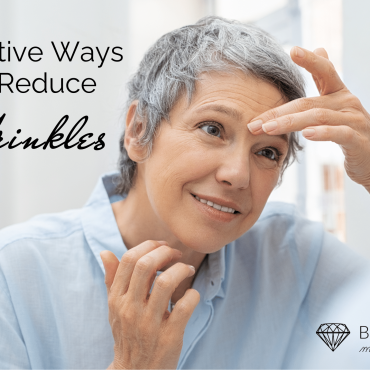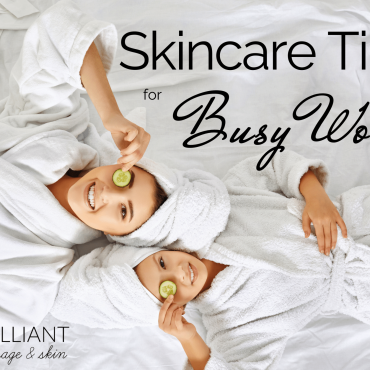Why coconuts are a no for facial care.
We love coconut oil, its really great for consumption, very yummy, healthy and smells nice! It is fine to use on the body where the skin is rougher, but is it great for facial care? Not so quick!
Coconut oil is comedogenic and molecules are too large to be absorbed into your skin for moisturizing purposes, especially on the face, instead it just sits on your facial pores clogging them and not letting your skin breathe!
Coconut oil has one of the highest comedogenic ratings, which means that it could be a big problem for sensitive or blemish-prone skin. This means coconut oil can’t penetrate the pores and actually can suffocate your skin and will clog your pores because it sits on top of the skin.
The molecules are too large to penetrate.
What is a comedogenic rating? Essentially, beauty products are rated on a scale of 1 to 5 based on their pore-clogging potential, with 1 being the least likely to clog your pores, and 5 being reserved for the worst offenders.
The scale doesn’t mean that every single product that’s considered highly comedogenic will clog your pores and cause breakouts, though. A lot of factors—like pore size and how oily or dry your skin is—also affect how your face will react to comedogenic products.
But a higher rating does increase the likelihood that a comedogenic ingredient, like coconut oil (which scores a whopping 4 out of 5 on the scale!) will cause a negative reaction.
While coconut oil is soothing and contains lauric acid, it is never a good idea to put any oil on broken skin. It can clog the pores and irritate the skin and make the condition worse.
It’s also true that coconut oil is a good antibacterial agent. In addition to being full of vitamin E, it also contains other proteins and caprylic acids that are known for their antifungal properties.
And since bacteria causes acne, coconut oil should be great for getting rid of bumps…right?
Sadly, coconut oil will actually act as a barrier and can cause or worsen acne-prone skin.
The best thing you can do to prevent acne: Never go to sleep with your makeup on!
We love a good double cleanse, but for that first oil cleanse, avoid the coconut oil. Instead, Dean recommends grapeseed oil or hemp seed oil to remove makeup at the end of the day because, despite being oils, both have a low comedogenic rating.
Rather avoid oils altogether? Another alternative is micellar water, a French skincare product that can be used as an all-in-one cleanser and makeup remover. (It really is a skincare miracle!)
It attracts make up to a cotton wipe without making your skin greasy like oil.
After removing makeup with a makeup remover, you still need to cleanse your skin with a face wash that’s right for your skin type. For acne-prone skin, choose a face wash that contains benzoyl peroxide, an antibacterial agent that helps dry the skin to treat pimples. Or if you’re looking for an all-natural facial cleanser, try a face wash that contains witch hazel or lavender, both of which inhibit bacterial growth.
What to use for moisturizer:
Instead use a light is you have oily skin or heavier moisturizer is you have very dry skin thats meant for face . Our favorite brand is PCA and Jane Iredale mineral cosmetics. They have so many excellent choices for different skin types and levels of hydration. Clear and even tinted moisturizers for daytime moisturizers and with sunscreen in them.
Sure coconut oil is great for cooking and healthy to eat, but leave it in the kitchen and use real moisturizers or low comedogenic index oils instead instead!
Talk to us if you would like us to pick the best skin care products for your skin type.
we also wrote about why soap is not good for your face!
https://jolitabrilliant.com/shop
Brilliant Massage & Skin, Burlington, Vermont


